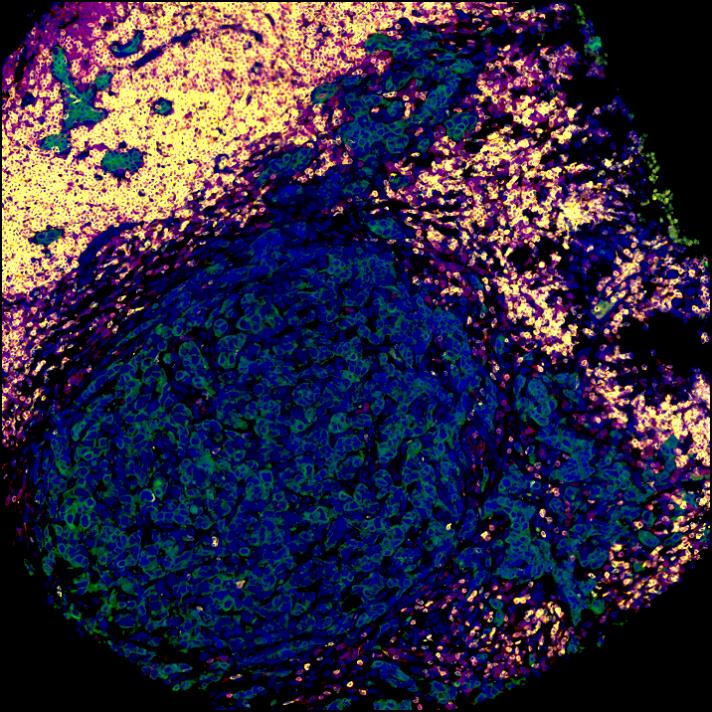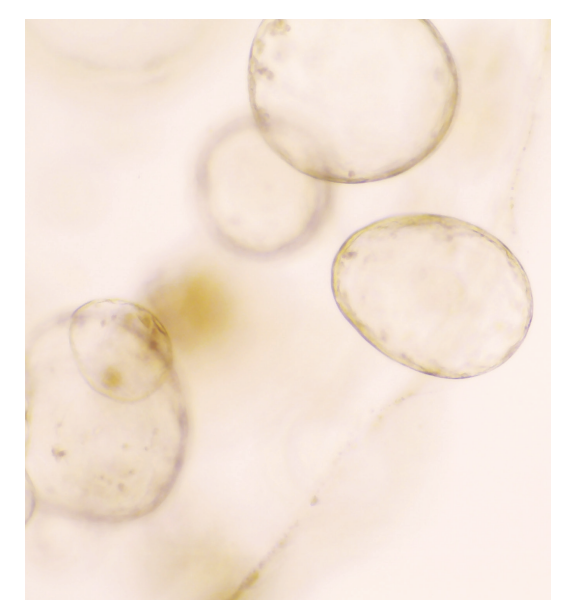Overview
Cell death is frequently triggered in the tumour microenvironment (TME) due to tumour suppressor mechanisms and anti-cancer therapy. Dendritic cell (DC) can sense cell debris and can often elicit antigen-specific CD8+ cytotoxic T lymphocyte (CTL) responses through integration and processing of dead-cell-associated molecular cues. We have previously identified evolutionary conserved molecules of the vertebrate physiology (e.g., secreted gelsolin, caspases) that interfere with the detection or synthesis of dead-cell-associated signals dampening the ability of DC to couple recognition of tumour corpses to anti-cancer CTL responses (Giampazolias E et al, Cell, 2021; Lim KHJ et al, Journal for Immunotherapy of Cancer, 2022 Giampazolias E et al, Nature Cell Biology, 2017).
We have a long-lasting interest in studying how immune sensors promote cancer immunity by detecting damage and how mechanisms of the host physiology interfere with this process and therefore differentially modulate cancer immunity. Furthermore, we are interested in characterising mechanisms of acquired resistance to cancer immunity following host detection of cancer cell death that will help in the design of novel anti-cancer therapies.





